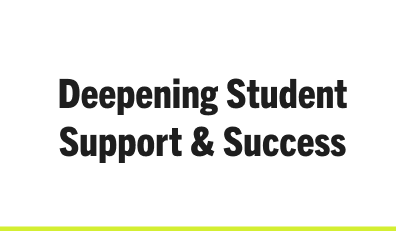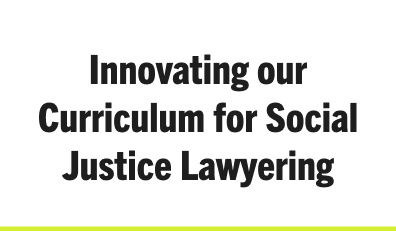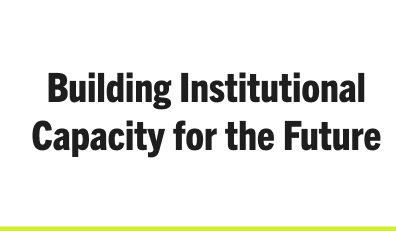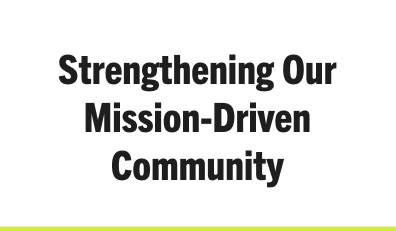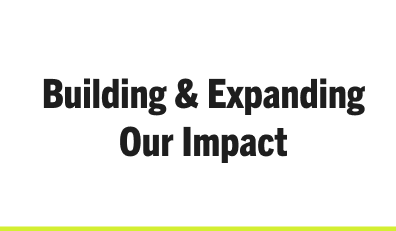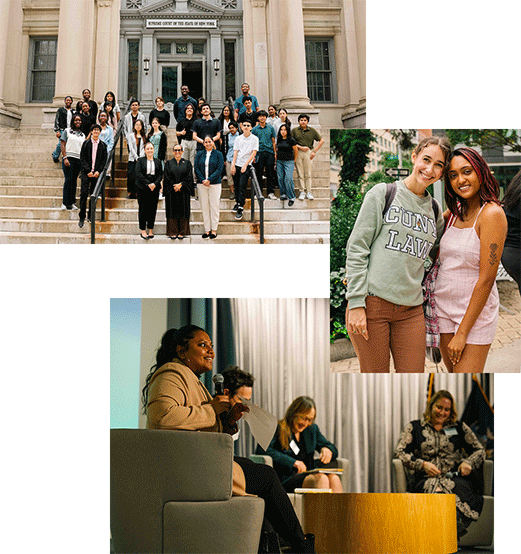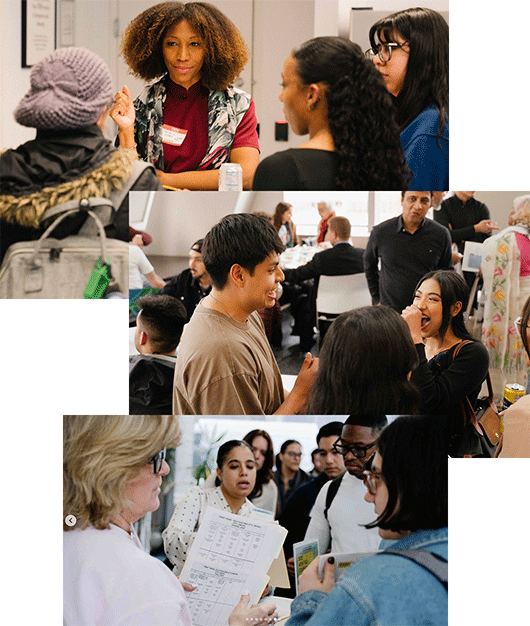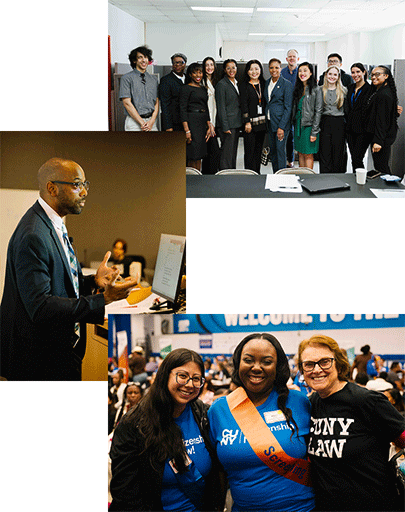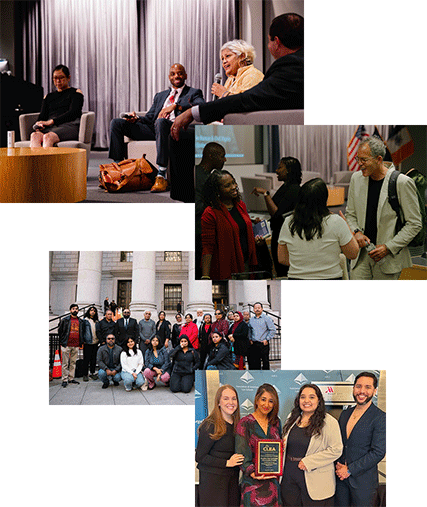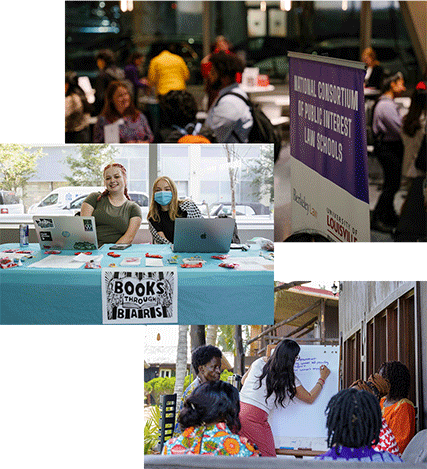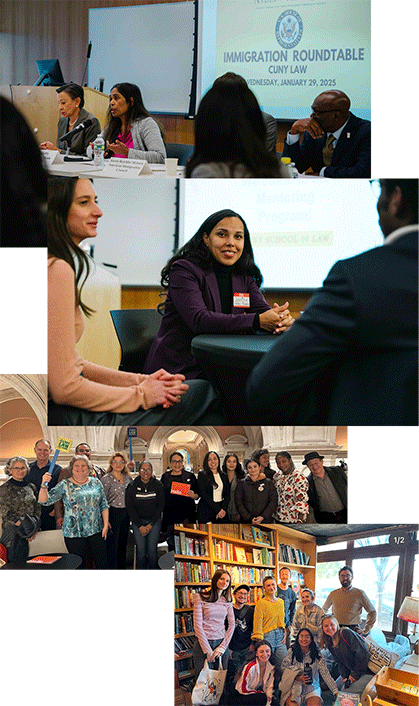In a year of leadership transition and continued momentum, the CUNY Law community remained steadfast—expanding access to legal education, deepening student support, advancing justice-driven scholarship and advocacy, and building for the future.
Every accomplishment shared here reflects the daily commitment of faculty, staff, students, alumni, and partners who believe in law as a tool for justice. These milestones show what’s possible when we move with purpose, and they point toward where we’re headed—guided by the values and priorities we’ve identified together.
I’m proud and grateful to have served as dean for the past three years. As CUNY Law prepares for its next chapter, I invite you to reflect on what this community made possible—and to stand with us as we continue to build what comes next.
With gratitude,




